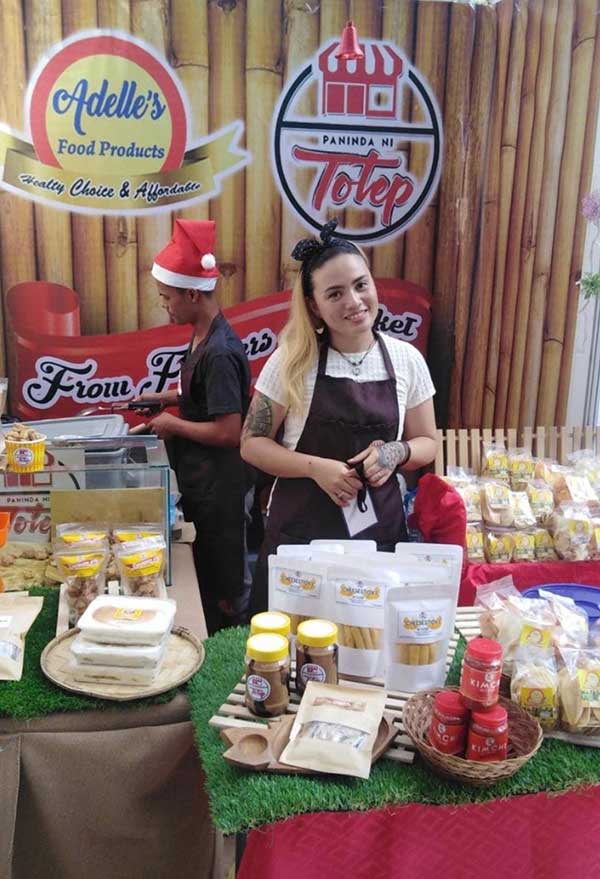
Paula Romero is not new to running a business. Ever since she was young, she dreamed of starting her own business and having the freedom to set her own schedule. So, in 2016, Paula and her husband started Paninda ni Totep, a micro-enterprise specializing in chicharon (fried pork belly or rinds) and other food items.
Prior to the COVID-19 pandemic, Paninda ni Totep was thriving, supplying chicharon and seafood to at least 20 restaurants and grocery stores in and around General Santos City, Philippines. But when the country locked down in March 2020 due to the COVID-19 pandemic, Paninda ni Totep struggled to stay afloat.
Rising to the challenge
“A few months ago, my husband and I were at our lowest point. We did not know how to move forward,” Paula remembered. That was when she received an invitation to attend the U.S. government’s development agency, United States Agency for International Development’s (USAID), digital marketing webinar. “It changed our lives,” she said.
In response to the COVID-19 pandemic, USAID’s Strengthening Urban Resilience for Growth with Equity (SURGE) project reached out to women entrepreneurs in its eight Cities Development Initiative (CDI) partner cities in the Philippines and helped them transition their businesses online.
USAID conducted a series of online sessions on digital marketing strategies and approaches, including effective use of social media and e-commerce sites. In collaboration with private sector partners, USAID also helped streamline the supply chain for participating businesses through automation.
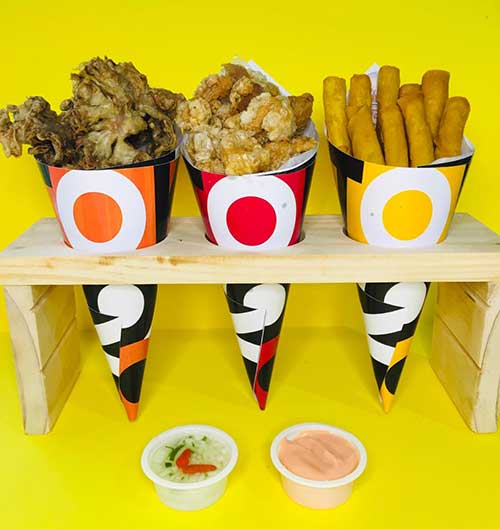
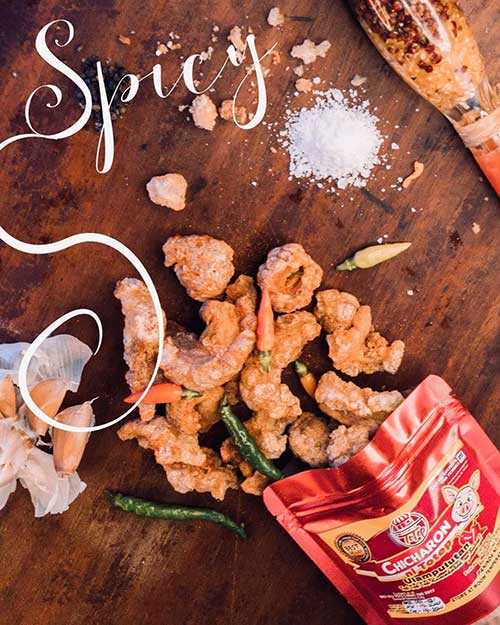
The digital shift
Even though Paula created Paninda ni Totep’s Facebook page in 2017, she did not focus on it much before the pandemic. The page received minimal engagement, and Paula would only post product photos now and then.
After attending USAID’s digital marketing training, however, Paula was inspired to develop a strong and consistent brand for the business’s Facebook page. She also realized the value of posting regularly to update consumers on available products, daily locations, and schedules. In addition, USAID’s training also taught Paula basic product photography and editing skills, which helped her create more compelling videos and promotional photos.
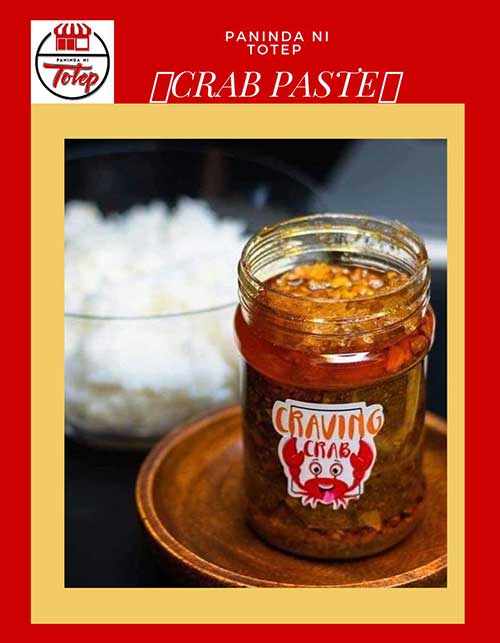 “I have always wanted to improve our business page just like professional brands do. Through the mentoring sessions of USAID and its partners, I learned how to do it step-by-step,” Paula shared.
“I have always wanted to improve our business page just like professional brands do. Through the mentoring sessions of USAID and its partners, I learned how to do it step-by-step,” Paula shared.
These practices helped increase engagement on Paula’s Paninda ni Totep Facebook page exponentially, from just a few reactions per post to an average of 100 likes per post. More importantly, the increased online engagement has translated into an increase in business sales. In just two months, Paula’s income more than tripled from about Php3,000 per week before the training, to Php10,000 per week after the training.
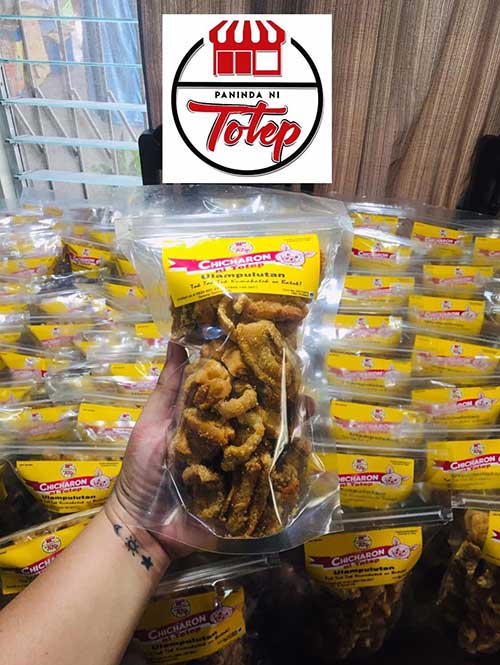 Ripple effect
Ripple effect
In five years, Paula hopes Paninda ni Totep will reach national and international markets. She dreams not just of providing a better life for her family, but also of showing others how to become successful entrepreneurs. She is already taking first steps toward this dream by sharing the digital marketing techniques she learned from USAID with other business owners.
“I envision a community of entrepreneurs who support each other in businesses. I am thankful for USAID’s mentoring program because I can share what I learn with my fellow entrepreneurs,” said Paula.
Paula is just one of the 865 women entrepreneurs who attended USAID’s digital marketing training between October 2019 and December 2020. She and other women entrepreneurs are now maximizing social media to sustain their business operations during the COVID-19 pandemic. To date, USAID has supported 1,600 women-led micro, small, and medium size businesses (MSMEs) in the eight CDI partner cities to take advantage of online marketing opportunities as the Philippines shifts to a COVID-19 “new normal.”


















